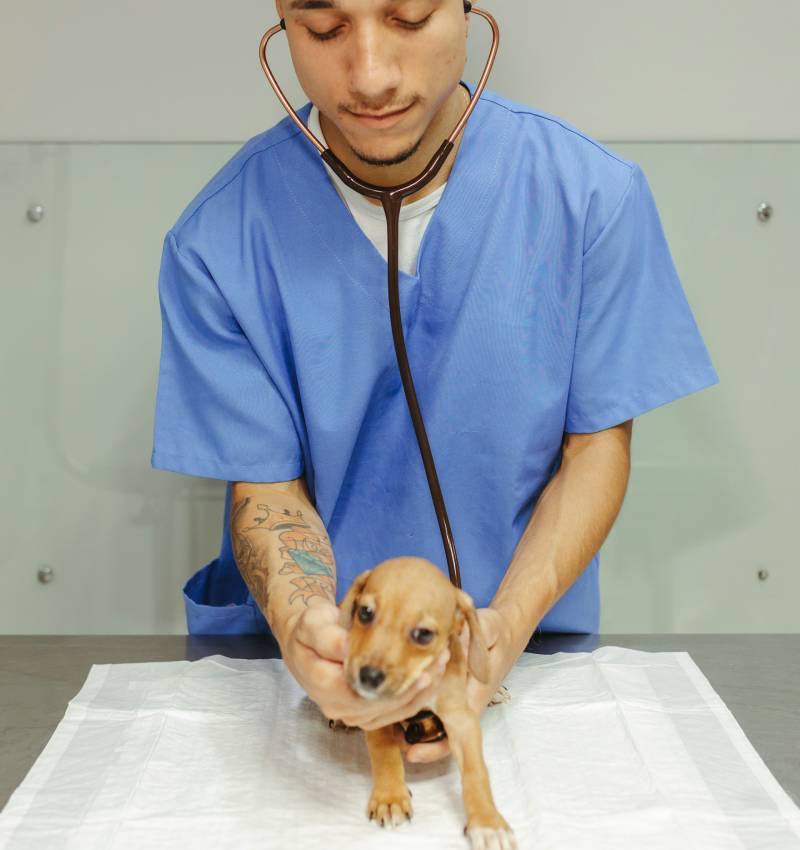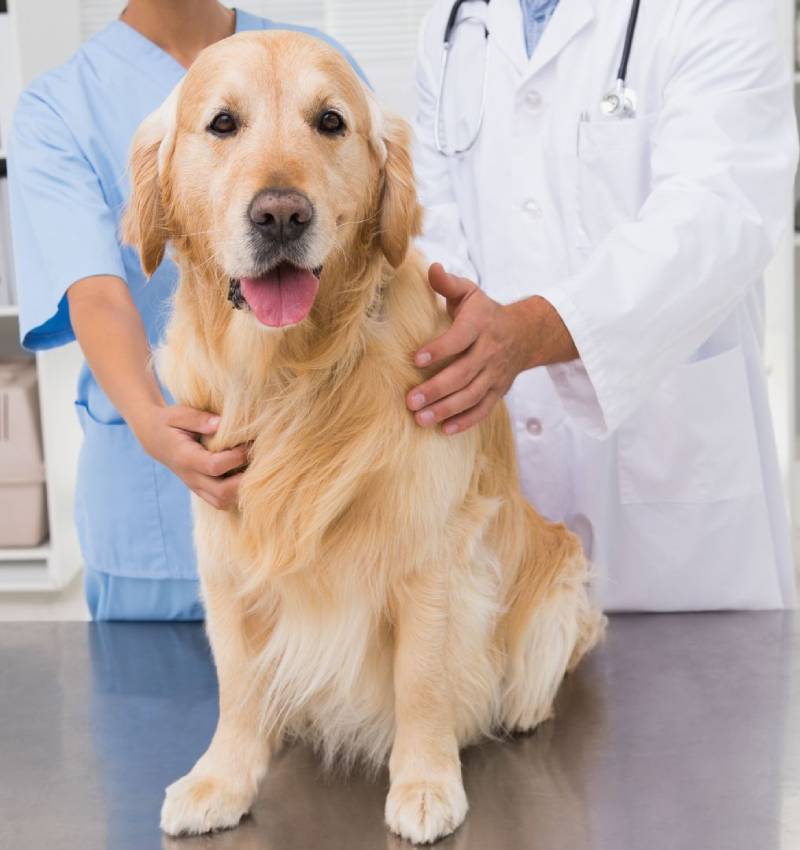Emergency Veterinary Services in Taylor, MI
When emergencies happen, you need a team you can trust. During business hours, A W Animal Hospital offers emergency vet care with advanced diagnostics and life-saving treatments to respond quickly when your pet needs immediate attention.
If your pet is experiencing an emergency, call us immediately: (313) 295-2270
Emergencies
Recognizing a Pet Emergency – When to Seek Urgent Care
It can be difficult to know when a situation requires emergency vet care, but if your pet is displaying any of the following symptoms, seek immediate medical attention:
- Severe bleeding or deep wounds
- Difficulty breathing or choking
- Seizures or loss of consciousness
- Sudden collapse or inability to stand
- Ingestion of toxic substances (chocolate, antifreeze, human medications, etc.)
- Severe vomiting or diarrhea, especially with blood
- Bloating or a swollen abdomen (a sign of life-threatening GDV in dogs)
- Trauma from a fall, car accident, or animal attack
- Heatstroke symptoms (excessive panting, weakness, drooling, or collapse)
- Painful urination or inability to urinate
- Unexplained extreme lethargy or unresponsiveness
If you’re unsure whether your pet’s condition is an emergency, call us right away for guidance. Prompt medical attention can make a life-saving difference.


What to Expect During an Emergency Vet Visit
When you arrive at A W Animal Hospital for emergency pet care, our team will work quickly to assess your pet’s condition and determine the necessary treatments.
- Immediate Triage – Our veterinary team evaluates your pet’s vital signs and symptoms to prioritize critical cases. Pets with life-threatening conditions are treated immediately.
- Emergency Diagnostics & Treatment – Using advanced imaging and lab testing, we diagnose the problem and begin stabilizing your pet through oxygen therapy, IV fluids, medications, or surgery if needed.
- Clear Communication & Treatment Plan – We keep you informed every step of the way, discussing the best treatment options and expected outcomes for your pet’s health.
- Hospitalization & Monitoring (If Required) – Some pets may need overnight care and continuous monitoring to ensure a stable recovery.
- At-Home Care Instructions – Once your pet is stable, we provide detailed aftercare guidelines, including medications, follow-up visits, and recovery recommendations.
